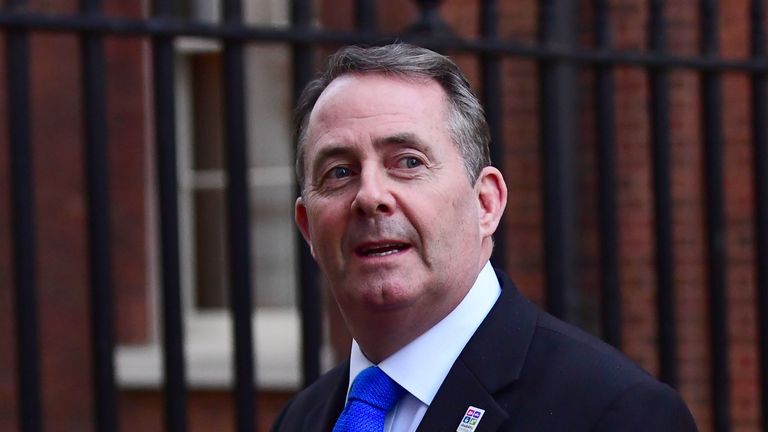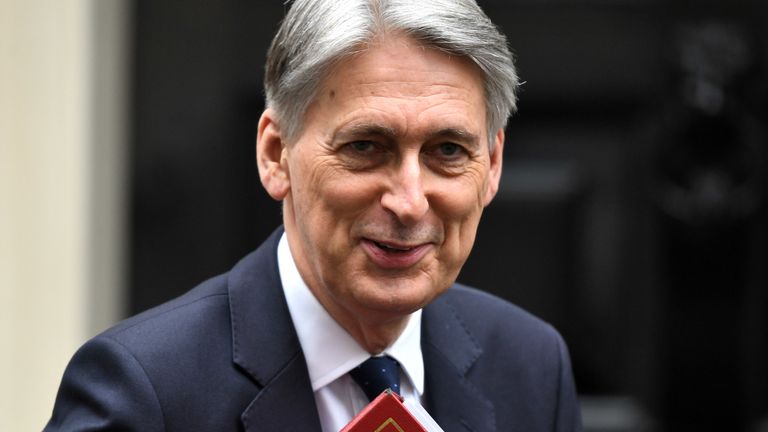US says no free trade deal with UK unless digital tax scrapped – report
The US will not negotiate a free trade deal with the UK unless a new digital services tax is dropped, according to a report.
The measure, which was proposed by then chancellor Philip Hammond in 2018 in response to fears that technology giants were not paying their fair share of tax, is due to come into effect in April next year.
But US President Donald Trump’s administration is demanding that it be ditched, according to The Daily Telegraph.
The threat had been “communicated to the UK government at multiple levels”, the newspaper said, quoting a source as saying: “The message was ‘if you go ahead and introduce this tax, we will not begin free trade negotiations with you’.”
The report comes just days after Mr Trump said he and Prime Minister Boris Johnson had started working on a free trade deal between their two countries.
But the Telegraph said that Liam Fox was among those warned about the digital tax by senior US politicians last month while he was international trade secretary.
Ron Wyden, the most senior Democrat on the Senate finance committee, was reported to have told Mr Fox: “There should not be any negotiations on a trade deal as long as a digital services tax is being pursued by Britain.”
It is estimated that the 2% tax will raise more than £400m for the Treasury by 2022 but the US sees it as a “tax grab” on American companies.
Last month, Mr Trump ordered an investigation into a similar tax proposed by France, with the US saying it was “very concerned” because the “services covered are ones where US firms are global leaders”.
The proposed 3% tax on French revenue of large internet companies is expected to pass the French senate and could yield €500m (£450m) a year.
It would target companies with at least €750m (£675m) in annual revenues and apply to revenue from digital business, such as online advertising.
Last year, the European Commission said it wanted an interim 3% levy on internet-based firms with annual global revenues of at least £658m and EU revenues of £44m – which includes Google, Apple, Facebook and Amazon.
Officials hoped that would raise an estimated £4.3bn annually for member states from around 150 firms – at least half them in the US.
Companies such as Google, Facebook and Apple have faced accusations dating back years that they shift profits through member states like Luxembourg and Ireland to cut their overall tax liability.
Source: Read Full Article





